Patricia Rich (Bayreuth): “Knowledge in Real-World Contexts: Not Glamorous, but Indispensable”
During the past few decades, many epistemologists have argued for and contributed to a paradigm shift which repositions knowledge as the central concept in epistemology and the fundamental explanatory and normative force. For example, knowledge has been argued to provide the normative standard for assertion and action, and distinguishing knowers from non-knowers has been construed as a central task within epistemic communities. This theoretical primacy of knowledge in the abstract stands in sharp contrast to several recently developed arguments regarding specific aspects of our epistemic lives. This countervailing trend resists applying traditional epistemic norms – including strong knowledge norms – to real-world situations of interest. Specifically, I discuss recent arguments about the norms governing scientific pronouncements, expert testimony in a political context, and the argumentative approach to reasoning. In each case, knowledge initially appears to be dispensable at best. I will argue that knowledge does have a crucial role to play in each of these new accounts, but that its role has been rendered invisible by the framing and rhetoric surrounding them. Acknowledging the role played by knowledge not only allows us to reconcile the more theoretical part of epistemology with its more practical applications, but can help us to further develop the accounts in question.
Patricia Rich is Junior Professor of Philosophy of Economics at the University of Bayreuth. Her areas of specialisation are game and decision theory, epistemology, and the philosophy of science.


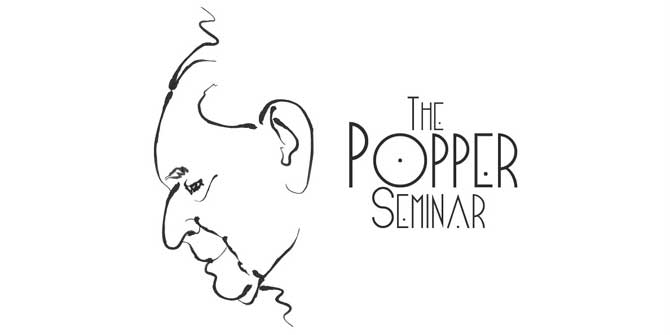
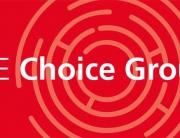
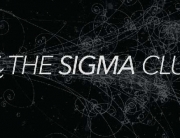
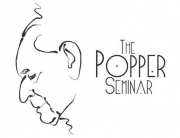
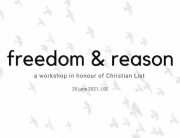
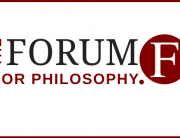
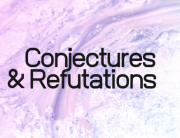


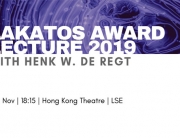

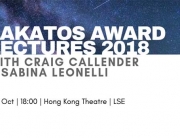
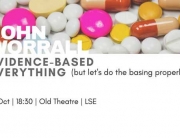
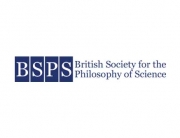
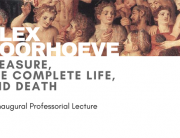
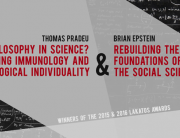
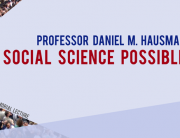
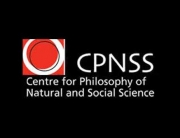

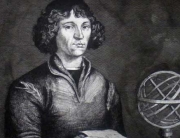
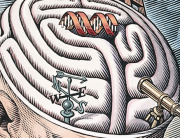
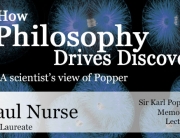
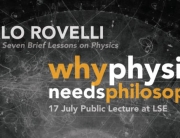

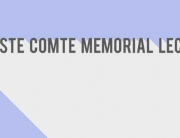
Connect with us
Facebook
Twitter
Youtube
Flickr